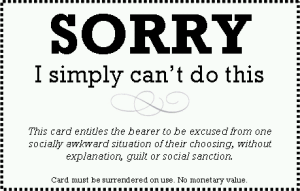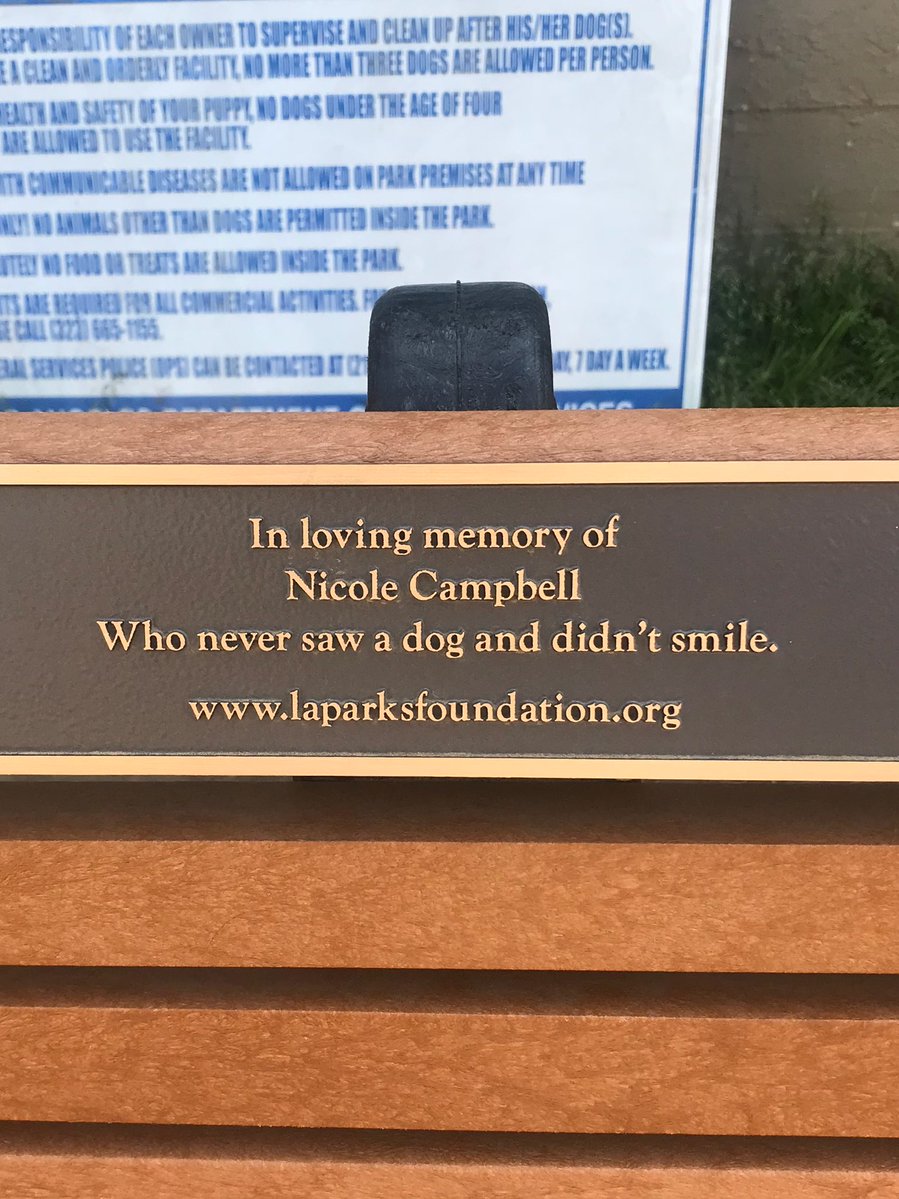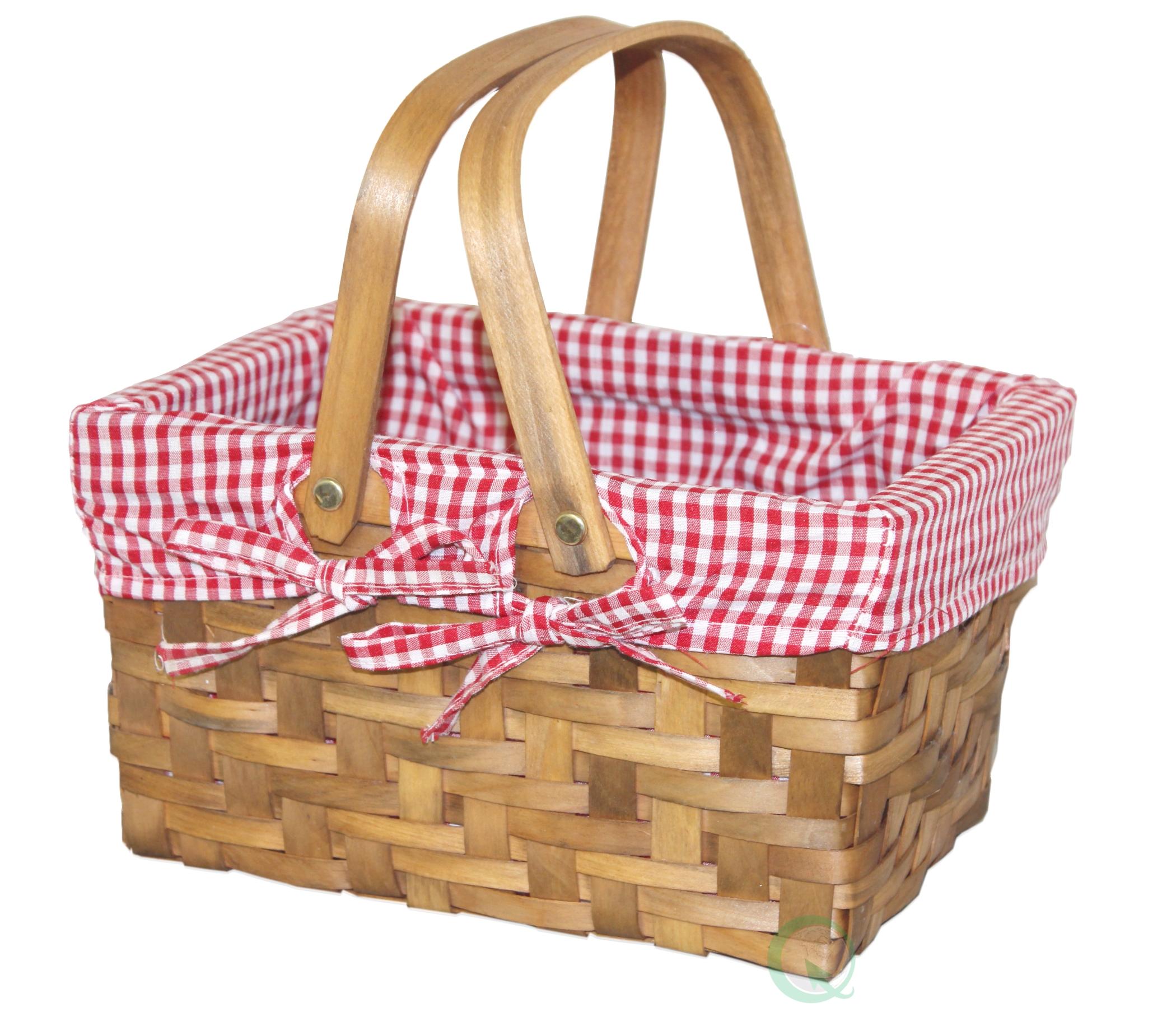Bravery beyond compare
/Last night I did something exceptionally daring. Some might say courageous.
Elysha was in the middle of a sentence when she stopped, searching for a word that she could not find.
I thought I might know the word that she wanted, but I hesitated for a moment, because we all know that this can only go two ways:
You suggest the correct word, and you are an instantaneous hero. A champion. Finding the word that your beloved is searching for is a perfect indication of your intimacy and shared human experience. You were made for each other. This relationship was meant to be. It’s likely that you’ll be making out before long.
You suggest the wrong word, and your loved one dismisses your suggestion like a piece of trash. You shrink under the weight of their disappointment and scorn. You can’t believe how stupid you are.
Then, in an attempt to make things right again, you suggest a different word. That one is wrong, too, and now your loved one thinks of you as human garbage. Their voice is filled with irritation and disgust. Suddenly your entire relationship is drawn into question. A chasm tears open between the two of you as your beloved wonders how they could’ve ever thought that this relationship was meant to be.
Offering a word to your loved one is treacherous ground. Sometimes deadly. Oftentimes it’s better to simply remain silent and allow your loved one to flail about unassisted.
But last night I steeled myself against possible ruination and suggested the word that Elysha might be seeking, and I was right.
Huzzah!
Champion-status attained. Relationship validated. We lived happily ever after.
Sometimes we have to step and be brave in the face of possible disaster, people. Last night I did just that, and it paid off handsomely.




















